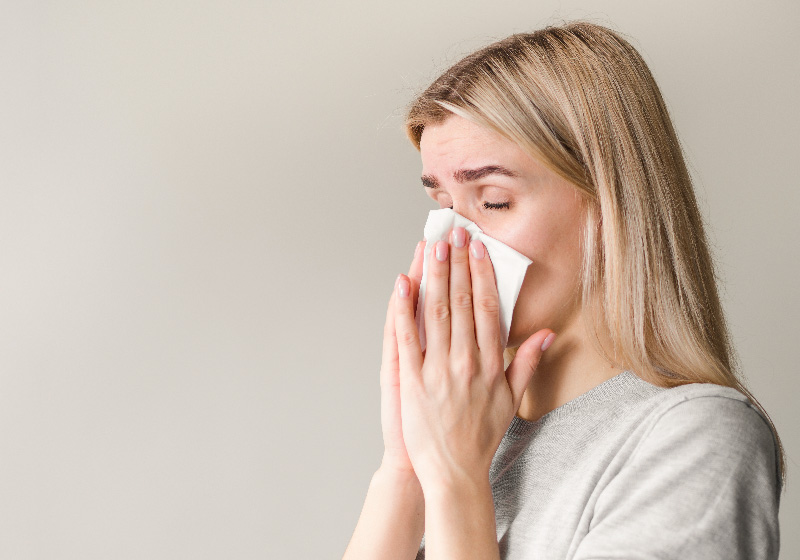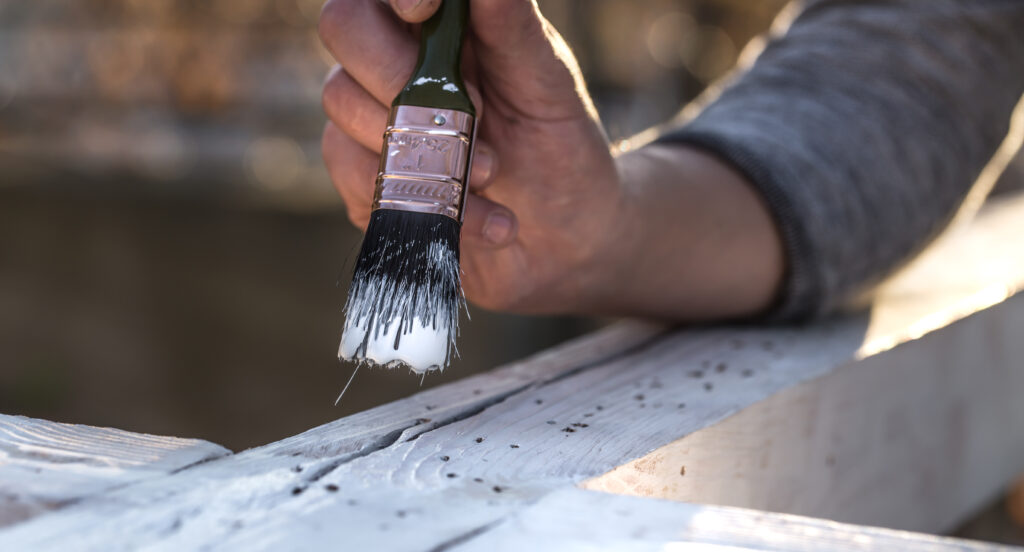In this day and age, new homeowners are more informed and mindful about their family’s health than ever. Between dangers like lead paint, asbestos, and carbon monoxide leaks, builders have come a very long way in eliminating harmful toxins within the home. Still, threatening elements continue to loom around the home, and although air pollution today is not as high as in the past, reducing indoor air contamination should be on every homeowner’s to-do list!
The Environmental Protection Agency (EPA) stresses that, although many visible forms of air pollution have died down since the 1970s, air pollution can be harmful even when it’s invisible. So, how can homeowners feel confident that their air is clean in a world full of smog and wildfires on top of some of the pollutants that are tougher to recognize? To find out, let’s discuss some common contaminants, and what people can do to keep their homes fresh.
What are the dangers posed by outdoor air?
Modern home design has led to houses being extremely closed off from outside elements, which is both a good and a bad thing. On the one hand, houses do a great job of keeping out many harmful pollutants that can result in health complications with overexposure.
How can homeowners keep pollution out?
If any of these outdoor air contaminants become an increased concern, homeowners have a few ways to decrease air leakage in their home and protect their families from subsequent health issues. Homes actually benefit from a certain level of circulation between fresh outdoor air and the stale air inside the home. However, during times when construction sites are active near the home, wildfires begin to pick up in the area, or pollen build-up makes the outside air too irritating, here are some simple ways to further close off the home:
What causes poor indoor air quality?
Although there are plenty of dangers in outdoor air, the truth is that most modern homes are too good at keeping outside and inside air separate. Most concerns with indoor air quality within the home actually come from interior sources like home appliances, lead, or radon. Contaminated indoor air has much less room to dissipate, and since most people spend the majority of their days inside their houses, it’s crucial for all homeowners to know the state of their indoor air quality.
National Property Inspections offers indoor air quality testing so that homeowners can act on pollution sources before these issues lead to long-term health effects. Contact your local NPI inspector to learn more!



